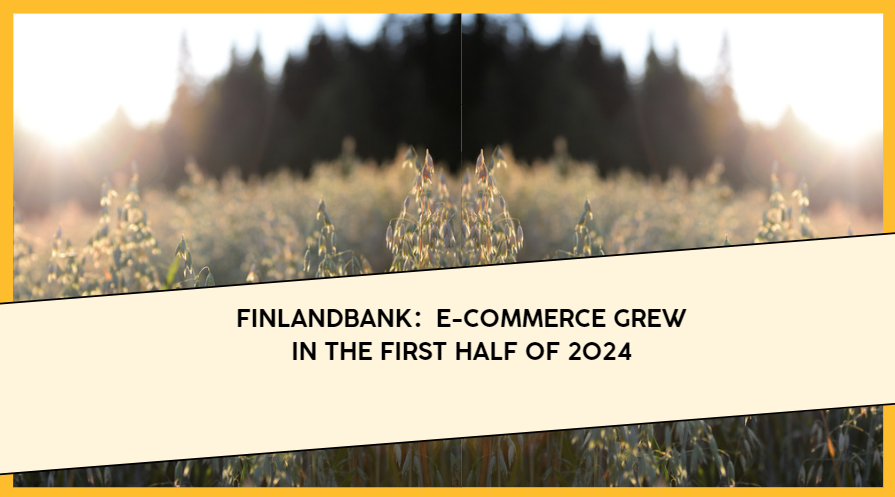Saudi Arabia's energy transition and economic diversification: a comprehensive layout from photovoltaics to mineral resources


Saudi mineral development: providing strong impetus for energy transition

Saudi Arabia not only focuses on the development of domestic mineral resources, but also expands external access to mineral resources through active international cooperation. In 2023, Saudi Arabia further strengthened its core position in the global energy transition through its strategy of acquiring global mineral assets. For example, Saudi Arabia's Madan and Public Investment Fund (PIF) collaborated to establish Manala Mining Company and completed the acquisition of a 10% stake in Vale Basic Metals, demonstrating Saudi Arabia's ambition in the global mineral industry.
At the same time, Saudi Arabia is investing in the construction of multiple important mining facilities, such as copper smelters and refineries. It is expected that by 2035, Saudi Arabia's copper imports will double, and copper processing capacity will become an important support for its mining development. By fully utilizing its abundant mineral resources, Saudi Arabia not only occupies a place in the global supply chain, but also provides strong mineral security for energy transformation.

In addition to energy and mineral resources, Saudi Arabia has also made significant progress in modernizing its infrastructure, especially in the aviation sector. The construction project of Taif New International Airport marks Saudi Arabia's latest effort to modernize its civil aviation infrastructure. The project is carried out through a public-private partnership (PPP) model, and it is expected that by 2030, the new airport in Taif will be able to accommodate 2.5 million passengers, providing strong support for the economic development of Taif city and surrounding areas.
The new Taif International Airport will include a runway, a parallel taxiway, a commercial apron, expanded facility buildings, and parking lots, designed in line with Saudi Arabia's national aviation strategy for the long term. This move not only enhances the infrastructure level in the Taif region, but will also become an important part of the future Saudi aviation system, especially providing convenience for global pilgrims. The Saudi government has further promoted the development of domestic and international tourism industry through the construction of modern airports, and provided new growth points for its economic diversification strategy.
In addition, Saudi Arabia plans to promote similar airport PPP projects in places such as Abu Dhabi, Haier, and Qasim, which will further enhance the operational efficiency of Saudi airports and contribute to the country's economic diversification goals in its "2030 Vision".
Saudi Arabia is accelerating its economic diversification process through large-scale energy transformation and infrastructure construction. Saudi Arabia has demonstrated strong national strategic planning and execution capabilities in areas such as photovoltaic energy, mineral resource development, and infrastructure modernization. This series of measures not only laid the foundation for Saudi Arabia to reduce its dependence on the oil economy, but also contributed significantly to the global energy transition and sustainable development.
In the future, Saudi Arabia is expected to become an important hub for global economic transformation by promoting the deep development of photovoltaic and mineral resources, accelerating infrastructure modernization. With these forward-looking measures, Saudi Arabia will not only occupy a place in the energy sector, but also play a more important role in the global economy, helping to achieve the grand goals of its "2030 Vision".






















































First, please LoginComment After ~